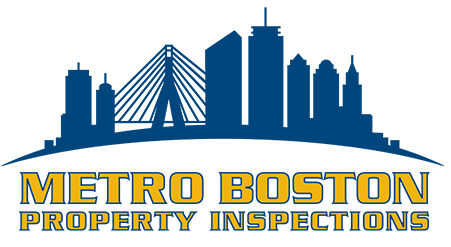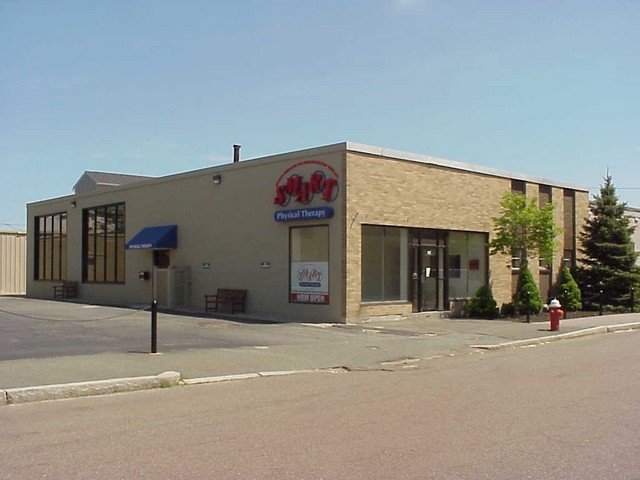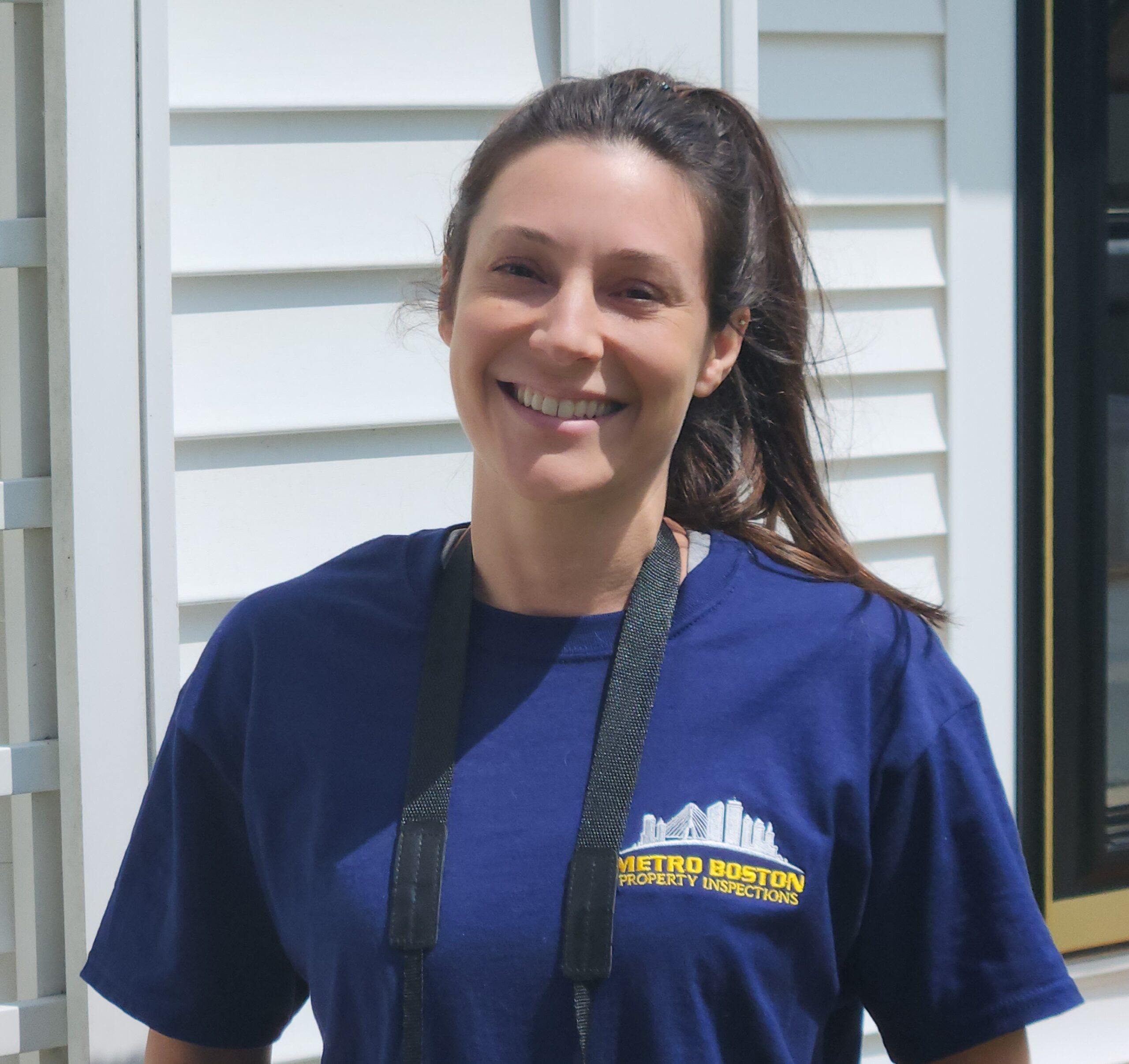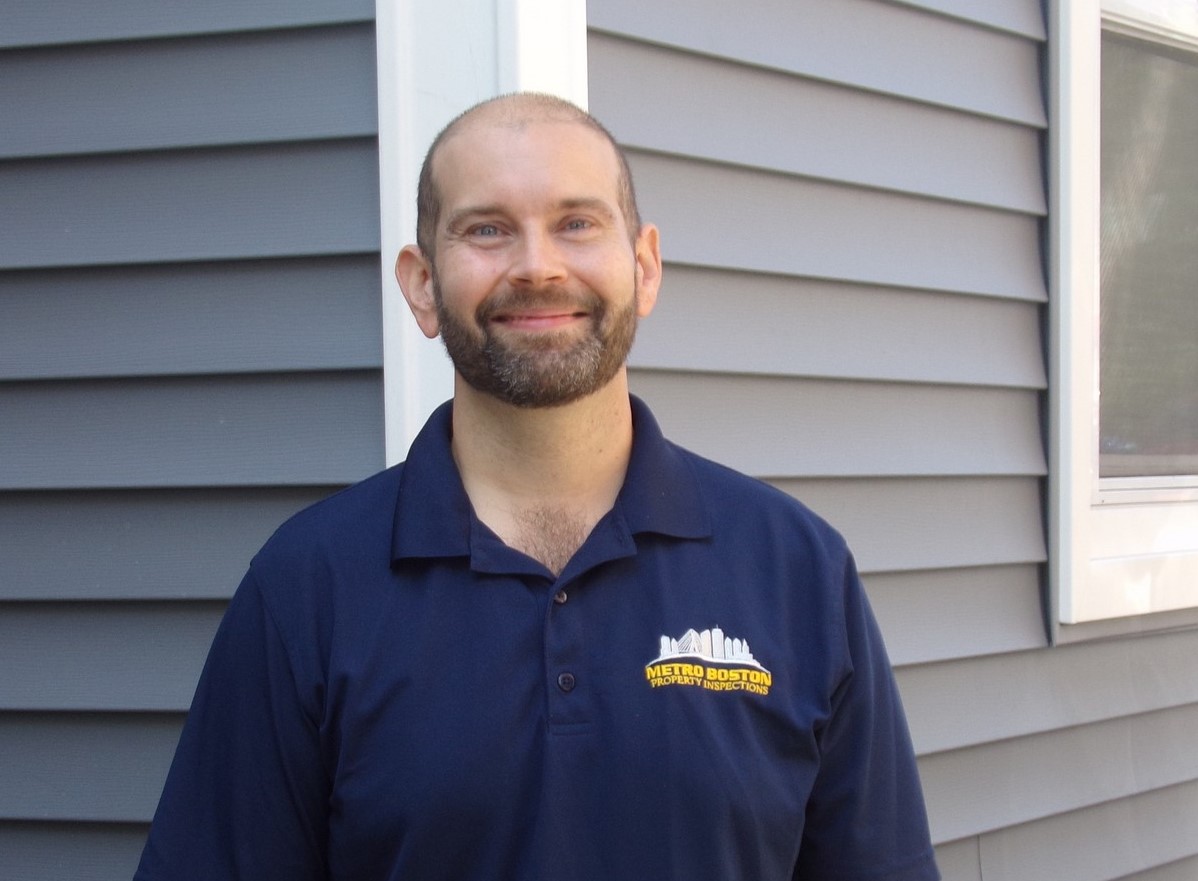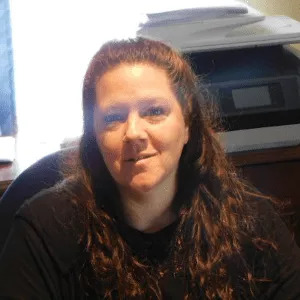Medical offices and buildings encompass a wide range of facilities designed to provide healthcare services to patients. Here are some common types:
1. **Primary Care Clinics:**
– These facilities offer general medical services such as routine check-ups, preventive care, vaccinations, and treatment for common illnesses and injuries.
2. **Specialty Clinics:**
– Specialty clinics focus on specific areas of medicine such as cardiology, dermatology, orthopedics, oncology, obstetrics/gynecology (OB/GYN), pediatrics, or neurology.
3. **Urgent Care Centers:**
– Urgent care centers provide immediate medical attention for non-life-threatening conditions outside of regular office hours or when primary care physicians are unavailable.
4. **Ambulatory Surgery Centers (ASCs):**
– ASCs are outpatient facilities where surgical procedures that do not require an overnight hospital stay are performed, such as cataract surgery, colonoscopies, or minor orthopedic procedures.
5. **Diagnostic Imaging Centers:**
– These centers specialize in diagnostic imaging services such as X-rays, CT scans, MRI scans, ultrasounds, and mammograms.
6. **Dental Clinics:**
– Dental clinics offer a range of dental services including routine cleanings, fillings, extractions, and specialized treatments such as orthodontics or oral surgery.
7. **Mental Health Centers:**
– These facilities provide psychiatric and psychological services for individuals experiencing mental health disorders or emotional distress.
8. **Rehabilitation Centers:**
– Rehabilitation centers offer physical therapy, occupational therapy, speech therapy, and other rehabilitative services to help patients recover from injuries, surgeries, or chronic conditions.
9. **Community Health Centers:**
– Community health centers serve underserved populations by providing comprehensive primary care, preventive services, and health education programs.
10. **Corporate Health Clinics:**
– These clinics are located within corporate settings and provide healthcare services to employees, including occupational health, wellness programs, and urgent care.
11. **Telemedicine Centers:**
– Telemedicine centers utilize technology to deliver healthcare services remotely, allowing patients to consult with healthcare providers via video conferencing or other virtual platforms.
12. **Medical Office Buildings (MOBs):**
– MOBs are multi-tenant buildings specifically designed to house medical practices and healthcare-related services, often including a mix of medical offices, clinics, diagnostic centers, and ancillary services such as pharmacies or laboratories.
Each type of medical office or building serves a unique purpose and caters to specific healthcare needs, contributing to the overall delivery of healthcare services within communities.
